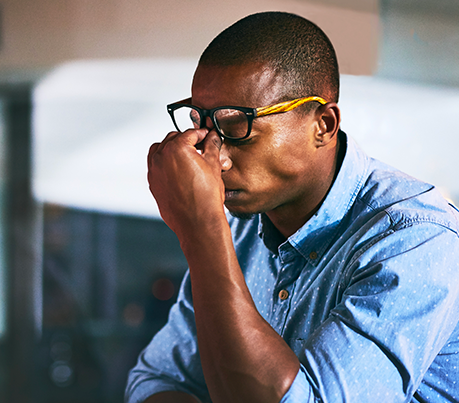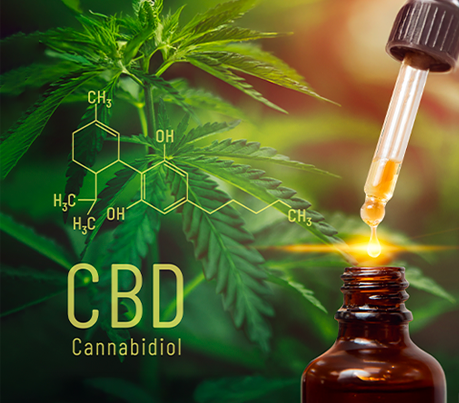
A systematic literature review analysed the currently available evidence supporting the use of cannabinoids for the treatment of these conditions
Anxiety and sleep disorders often occur simultaneously or within a short time of each other; probably the relationship between the two conditions is modulated by shared neuroendocrine regulatory pathways.
The increasing accessibility of cannabinoids has led to a growing interest in medical cannabis treatment as a possible therapeutic option for anxiety and sleep disorders.
Results from preclinical research and some clinical and neuroimaging studies have provided preliminary data supporting the anxiolytic and sleep-enhancing effect of cannabidiol (CBD), but information on the efficacy, duration of treatment, formulation and dosage required to achieve optimal therapeutic benefits on anxiety and sleep disorders is still unclear.
To investigate these issues, a group of Australian experts conducted a systematic literature review with the aim of gathering evidence on cannabinoid treatments, dosing, treatment periods, and clinical outcomes in healthy and clinical populations, and to gain further insight into the possible effects of cannabidiol on shared neuroendocrine pathways that regulate anxiety and sleep.
What the studies say
From the main literature databases, studies were selected in which cannabinoid treatments at clearly defined dosages had been used in adult patients, and changes in anxiety and sleep measures had been evaluated. Randomised controlled trials, observational, cohort and case studies were considered.
At the end of the search and selection phase, data from 58 studies with a total of 5,397 patients aged between 18 and 82 years were analysed. In most of the studies considered, the population was predominantly, if not entirely, male.
In 18 studies CBD alone was used, while in 22 CBD was used together or sequentially with THC. The dose of CBD for a single dosing session ranged from 400 μg to 900 mg, that of THC between 3.7 and 86.4 mg; treatment periods were up to 12 months of regular daily intake of the treatment, and the number of sessions ranged from 1 to over 9,300. In most studies, cannabinoids were administered by means of capsules to be swallowed.
Overall, the results of the studies analysed indicated for treatment with CBD alone, in comparison to THC, a greater benefit on anxiety than on sedation, with more significant therapeutic efficacy in healthy persons and in subgroups of patients who did not consume cannabis with certain anxiety disorders or related symptoms, chronic illnesses, and certain psychiatric conditions.
Furthermore, an inverted U-shaped dose-effectiveness relationship is evident for CBD treatments, with a probable minimum threshold of 300 mg required to achieve therapeutic benefit on anxiety and sleep disorders.
In the case of combination treatments, efficacy seems to depend on the CBD:THC ratio and the type of symptoms treated, with greater benefits observed in subjects without anxiety disorders.
Results to be further investigated
“Indications supporting the efficacy of CBD as a sleep aid and anxiolytic emerge from the review, with a characteristic trend in the dose-effectiveness relationship and a probable therapeutic threshold at the dosage of 300 milligrams” observe the authors. “Overall, the results of cannabinoid treatment therefore suggest a potential anxiolytic and sleep-inducing effect with varying efficacy in distinct populations; further studies are therefore needed to define the optimal dose and treatment period in specific populations”.
Reference
Narayan AJ, Downey LA, Manning B, Hayley AC. Cannabinoid treatments for anxiety: A systematic review and consideration of the impact of sleep disturbance. Neurosci Biobehav Rev. 2022;143:104941.


